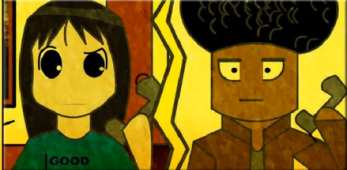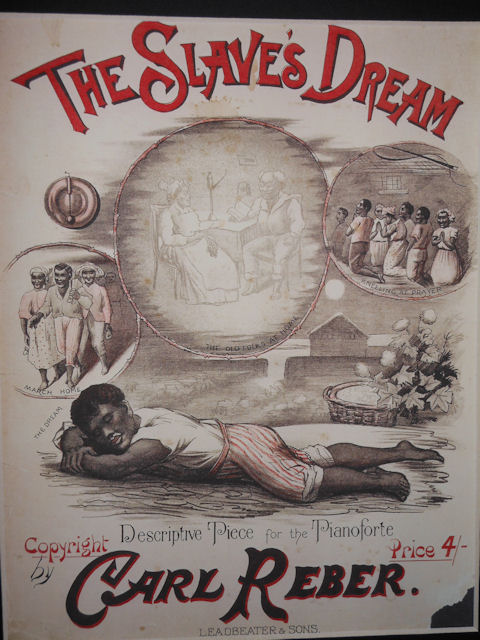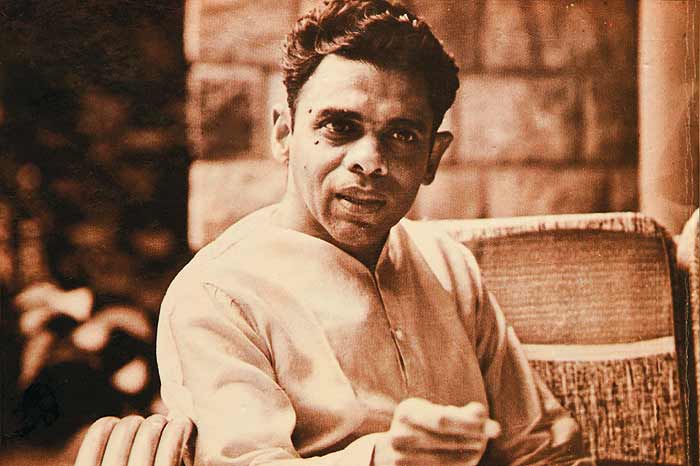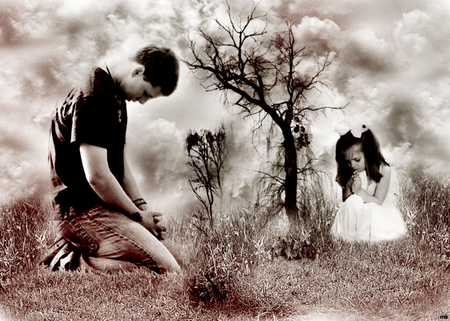“After Blenheim” is an anti-war poem by Robert Southey. This poem describes the Battle of Blenheim that took place in 1704 through a conversation between an older man and his grandchildren. This poem depicts a commoner’s ignorance about the causalities of war and its pointless grandeur of it.
About the Poet: After Blenheim
Robert Southey (12 August 1774 – 21 March 1843) was an English poet of the Romantic school, one of the so-called “Lake Poets,” and a Poet Laureate for 30 years from 1813 until his death in 1843. Southey was also a prolific letter writer, literary scholar, essay writer, historian, and biographer. Many of his poems are still read by British schoolchildren, the best-known being The Inchcape Rock, God’s Judgement on a Wicked Bishop, After Blenheim (possibly one of the earliest anti-war poems), and Cataract of Lodore. He died on 21 March 1843 and was buried in the churchyard of Crosthwaite Church, Keswick, where he had worshipped for forty years. There is a memorial to him inside the church, with an epitaph written by his friend, William Wordsworth.
Summary of After Blenheim by Robert Southey
Here is a detailed line-by-line summary of the poem ‘After Blenheim’ by Robert Southey.
Stanza 1
It was a summer evening,
Old Kaspar’s work was done,
And he before his cottage door
Was sitting in the sun,
And by him sported on the green
His little grandchild Wilhelmine.
The first stanza begins with a picturesque description of a summer evening. The poet introduces the poem’s main character, old Kasper had just finished his work for the day and was sitting in the sun before his cottage door, watching his granddaughter Wilhelmine play on the field.
Stanza 2
She saw her brother Peterkin
Roll something large and round,
Which he beside the rivulet
In playing there had found;
He came to ask what he had found,
That was so large, and smooth, and round.
While playing, Wilhelmine saw her brother Peterkin rolling something “large, smooth and round,” which he had found beside the stream. He was curious to know what that thing was and thus turned to his grandfather for information.
Stanza 3
Old Kaspar took it from the boy,
Who stood expectant by;
And then the old man shook his head,
And, with a natural sigh —
“‘Tis some poor fellow’s skull,” said he,
“Who fell in the great victory.
Old Kasper took the “large, and smooth, and round” thing from his grandson’s hands and shook his head with a sigh as he figured that it was some “poor fellow’s skull” who had died in the war. Ironically, he refers to the battle of Blenheim as a “great victory” at the cost of the loss of human lives.
Stanza 4
“I find them in the garden,
For there’s many here about;
And often when I go to plough,
The ploughshare turns them out.
For many thousand men,” said he,
“Were slain in that great victory.”
Kasper mentions that he had found many such skulls while ploughing the land as thousands of soldiers were killed in the victorious war. The dead bodies of these soldiers lie in the fields unnoticed. However, Kasper’s use of the term “great victory” expresses his pride in sacrificing the soldiers who played a vital role in the war.
Stanza 5
“Now tell us what ’twas all about,”
Young Peterkin, he cries;
And little Wilhelmine looks up
With wonder-waiting eyes;
“Now tell us all about the war,
And what they fought each other for.”
The children were excited to learn more about the war. They were curious to know about the purpose of the war. They had associated a sense of thrill, adventure, and excitement with the idea of war and sacrifice. Little Wilhelmine looked up to her grandfather in anticipation with “wonder-waiting eyes.” In this stanza, the poet attempts to distinguish the curiosity and enthusiasm associated with a child.
Stanza 6
“It was the English,” Kaspar cried,
“Who put the French to rout;
But what they fought each other for,
I could not well make out;
But everybody said,” quoth he,
“That ’twas a famous victory.
The battle of Blenheim was one of the significant battles of the War of Spanish Succession in which the English successfully defeated the Franco-Bavarian army. Kasper takes pride in the “great victory,” but he cannot tell his grandchildren the reason behind the war. He did not even try to find the purpose behind it. He just chose to know what others told him regarding the war – that it was a “famous victory.”
Stanza 7
“My father lived at Blenheim then,
Yon little stream hard by;
They burnt his dwelling to the ground,
And he was forced to fly;
So with his wife and child, he fled,
Nor had he where to rest his head.
In this stanza, we observe Kasper recollecting the memories of his past. He tells the children that his father used to live in Blenheim. The French soldiers burnt the homes of several innocent people, among which was his father’s. This destruction forced the people to leave the village and search for a safer place. Kasper’s father, thus, fled with his wife and young Kasper in search of shelter, but he was unable to find a home because of the dreadful war. This rendered their family homeless.
Stanza 8
“With fire and sword the country round
Was wasted far and wide,
And many a childing mother then,
And new-born baby died;
But things like that, you know, must be
At every famous victory.
Stanza 8 highlights the horrific aspect of wars. The “fire” and “sword” symbolize the evil spirit of human cruelty and destruction. The image of the death of pregnant mothers and newborn babies heightens the idea of the ruination of human beings caused by none other than men themselves. The idea is to express how thousands of innocent lives are taken in due course of a futile and meaningless war that will only bring damage and destruction. Kasper’s irony in the poem is evident as he says that these things are meant to happen at every battle where there is a “great victory.”
Stanza 9
“They say it was a shocking sight
After the field was won;
For many thousand bodies here
Lay rotting in the sun;
But things like that, you know, must be
After a famous victory.
The poet, through Kasper, goes on to describe the agony of war. He mentions the “shocking sight” of the battlefield full of dead bodies of soldiers rotting in the sun. Through this image, the poet attempts to consider the indignity in the way the soldiers lay. They are reduced to a mere status of an inanimate object. There is no dignity, no glory in war, only misery. Even after such a terrifying aspect of the war, Kasper regards it as a “famous victory,” emphasizing the old man’s ignorance about the purpose and consequence of war.
Stanza 10
“Great praise the Duke of Marlbro’ won,
And our good Prince Eugene.”
“Why, ’twas a very wicked thing!”
Said little Wilhelmine.
“Nay… nay… my little girl,” quoth he,
“It was a famous victory.
Duke of Marlboro was an English General. He was the commander of the British forces in the Battle of Blenheim. Prince Eugene and the Duke of Marlboro represented Britain in the competition and defeated the French at Blenheim. Kasper sang praises for the men who brought the “famous victory” to the nation. But Wilhelmine, confused at the meaningless credits, exclaims that the war was “wicked.” For the first time in the poem, we see disapproval of the false glory of war. But, shutting the little child, Kasper goes on to repeat the same thing. The battle for him is not wicked as long as it is a “famous victory.”
Stanza 11
“And everybody praised the Duke
Who this great fight did win.”
“But what good came of it at last?”
Quoth little Peterkin.
“Why that I cannot tell,” said he,
“But ’twas a famous victory.”
Kasper boasts of the Duke for having won the war for them. Innocent Peterkin asks his grandfather what good comes out of such misery. Old Kasper is unable to answer the question asked by the child. All he can say is that it was a famous victory. This remark heightens the sense of irony in the poem despite such cruelties and casualties. The older man sticks to his illogical belief that the war brought victory to them.
Conclusion
“After Blenheim,” also called Battle of Blenheim, was written during SoSouthey’sacobin years. Critics often explain this poem as the most celebrated of British anti-war poems. It is also important and should be mentioned that after twenty-two years of “After Blenheim,” “they changed his pacifist view of the war, and he said that the Battle of Blenheim was “t” e greatest victory which had ever done honour to British arms.”
“Suggested Reading: After Blenheim
- “After Blenheim” by Robert Southey: Summary, Poetic Devices, and Central Idea
- Analysis of After Blenheim by Robert Southey
Some online learning platforms provide certifications, while others are designed to simply grow your skills in your personal and professional life. Including Masterclass and Coursera, here are our recommendations for the best online learning platforms you can sign up for today.
The 7 Best Online Learning Platforms of 2022
- Best Overall: Coursera
- Best for Niche Topics: Udemy
- Best for Creative Fields: Skillshare
- Best for Celebrity Lessons: MasterClass
- Best for STEM: EdX
- Best for Career Building: Udacity
- Best for Data Learning: Pluralsight
















